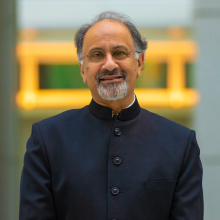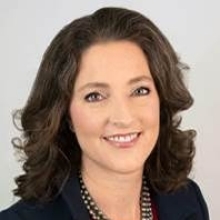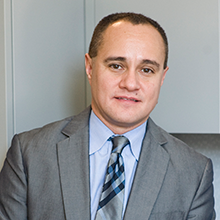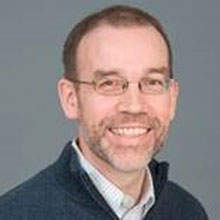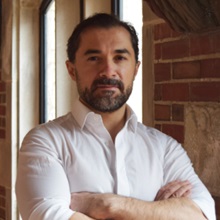- OVERVIEW
- SPEAKERS
- AGENDA
- RELATED
WATCH THE EVENT LIVE ON WEDNESDAY, JUNE 12 AT 10 A.M. (ET)
(World Bank staff in Washington DC may attend in-person in MC2-800)
The private sector plays a pivotal role in economic development, driving productivity growth, investment, job opportunities, and government revenues. Private sector businesses are essential for sustainable economic growth and poverty reduction. To unleash the private sector’s full potential, it is critical to understand the experiences and challenges faced by firms, as well as the business environment in which they operate.
For this purpose, the World Bank Enterprise Surveys (WBES) team has been providing publicly accessible, nationally representative, firm-level data, collected through a rigorous and consistent methodology, enabling comparisons across economies and time since 2005. And now, it is becoming bigger and better! The Enterprise Surveys team has completed and published 50 country surveys in a year, more than tripling its normal production. We would like to invite you to celebrate this milestone with us.
During this one-hour event, you will hear from prominent academics and practitioners about experiences of the private sector, new opportunities in the measurement of the business environment, and policy implications obtained from these firm-level surveys.
CONTACT: Camilla Liu, csliu@worldbank.org; and Eugenia Rodriguez, earodriguez@worldbank.org
WATCH THE EVENT LIVE ON WEDNESDAY, JUNE 12 AT 10 A.M. (ET)
Opening remarks by Indermit Gill |
Empowering development through the World Bank Enterprise Surveys |
Presentation of findings by Jorge Rodriguez Meza |
What does the latest Enterprise Survey data reveal? |
Panel discussion moderated by Norman Loayza |
Enabling private sector growth through understanding of firms’ experiences |
In the words of key stakeholders |
How have Enterprise Surveys data and analysis been used in operations? |
Closing remarks |
Summary of the event |
Date: June 12, 2024
Time: 10:00 AM - 11:00 AM ET

